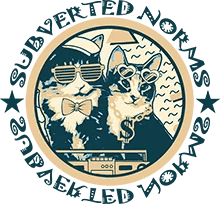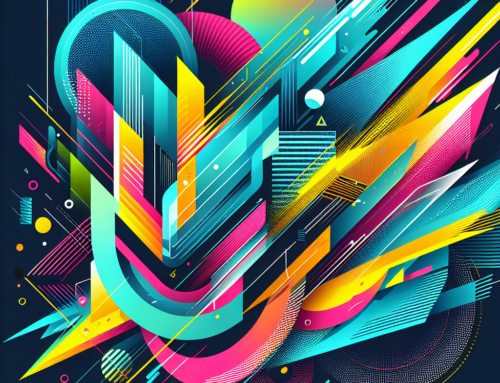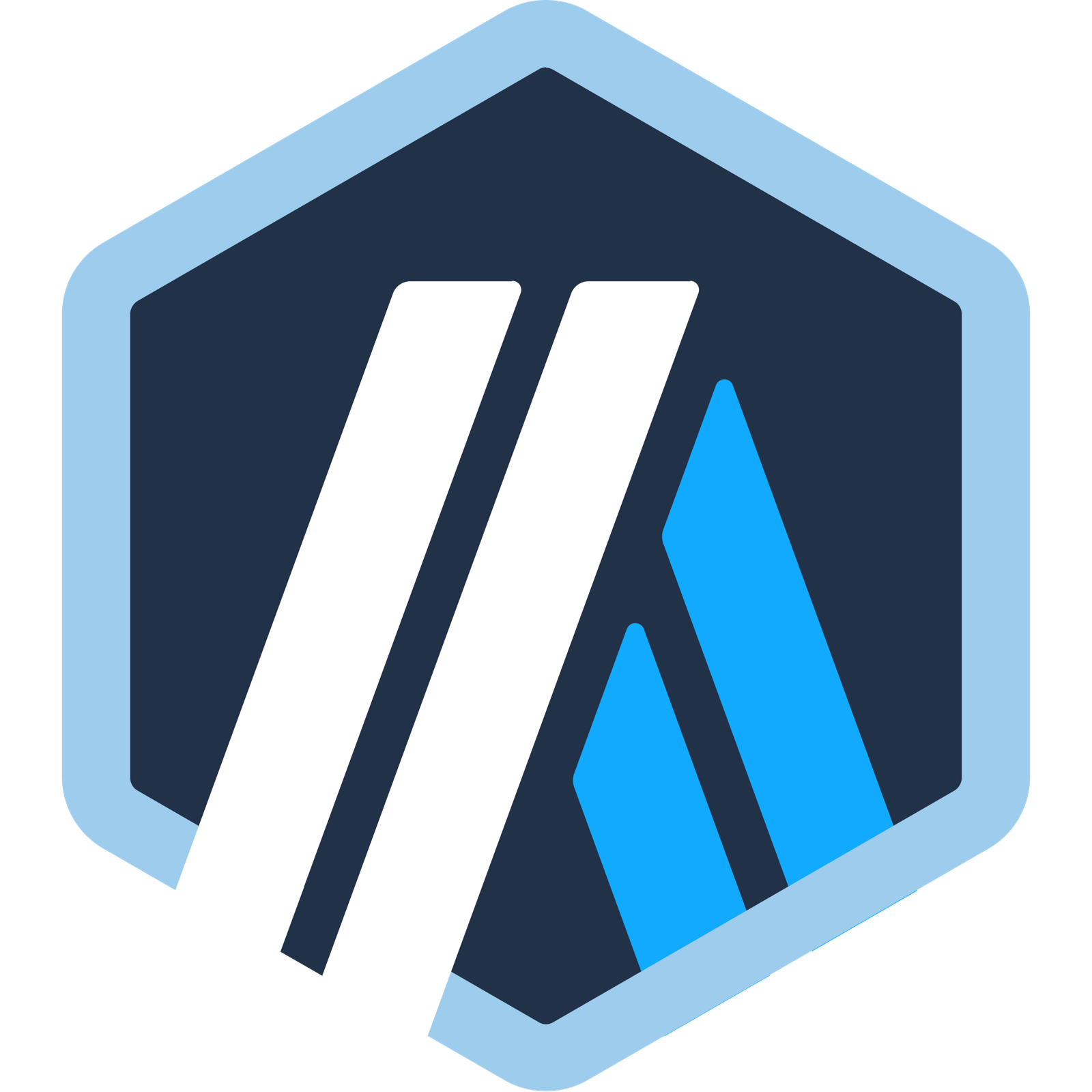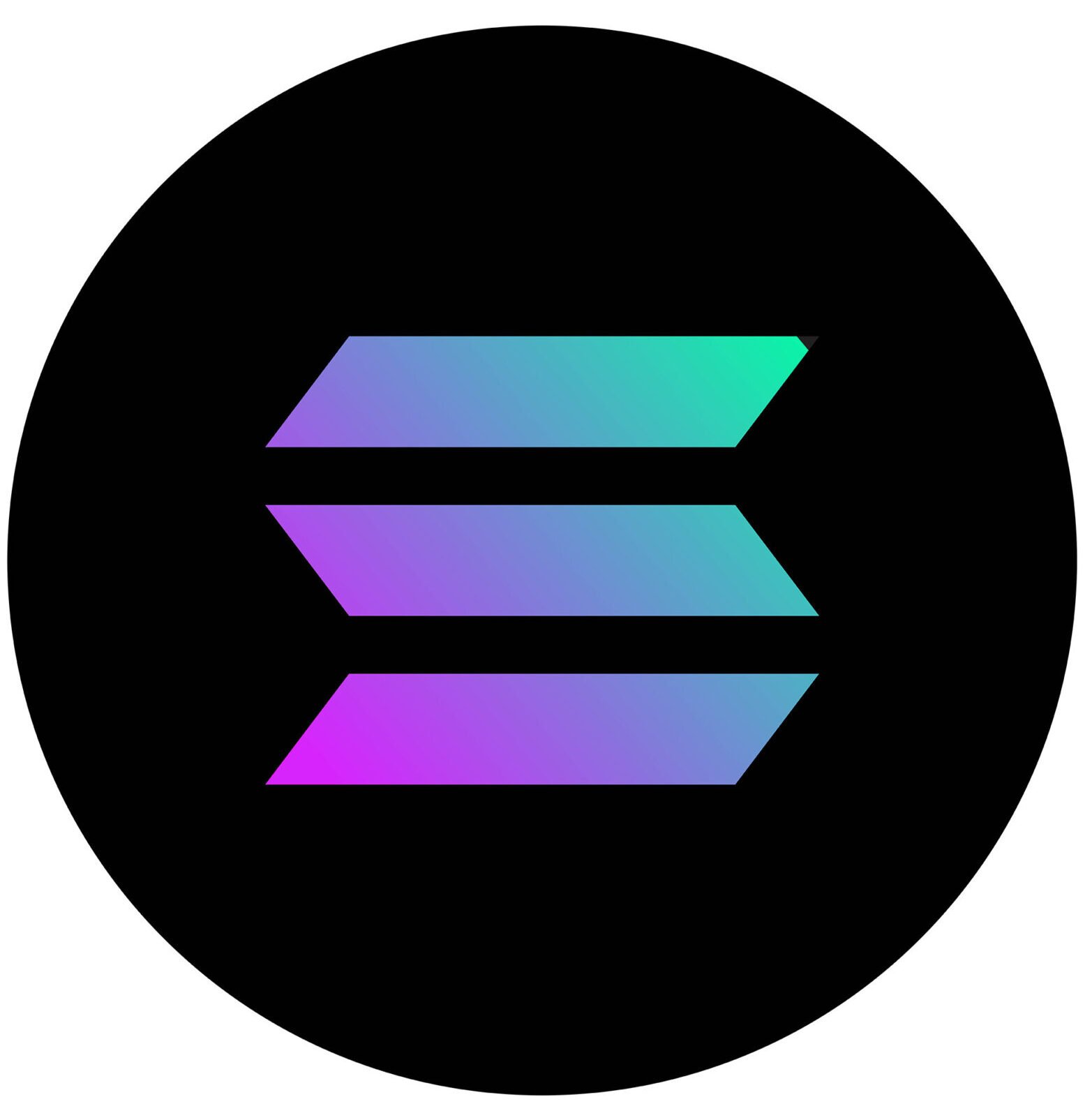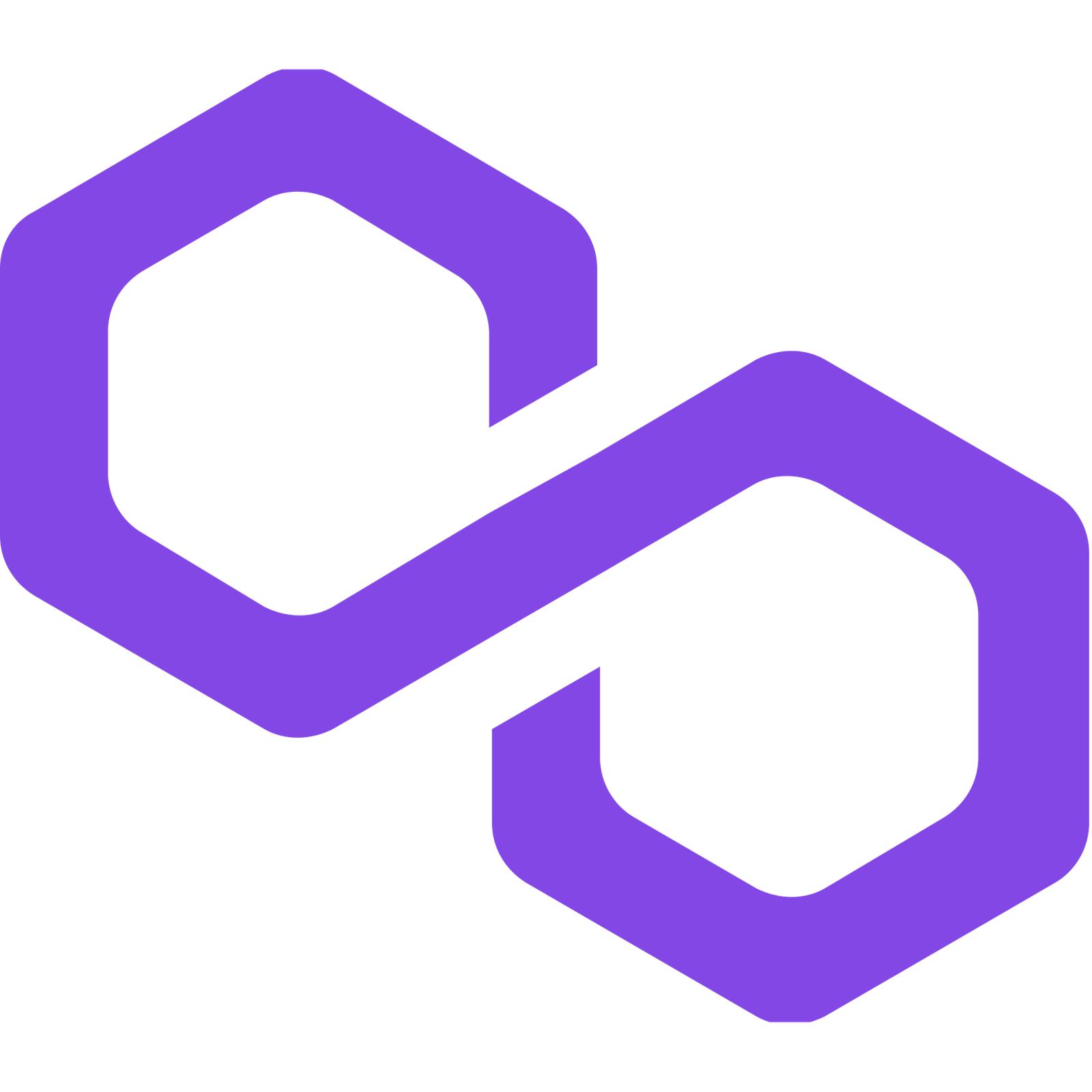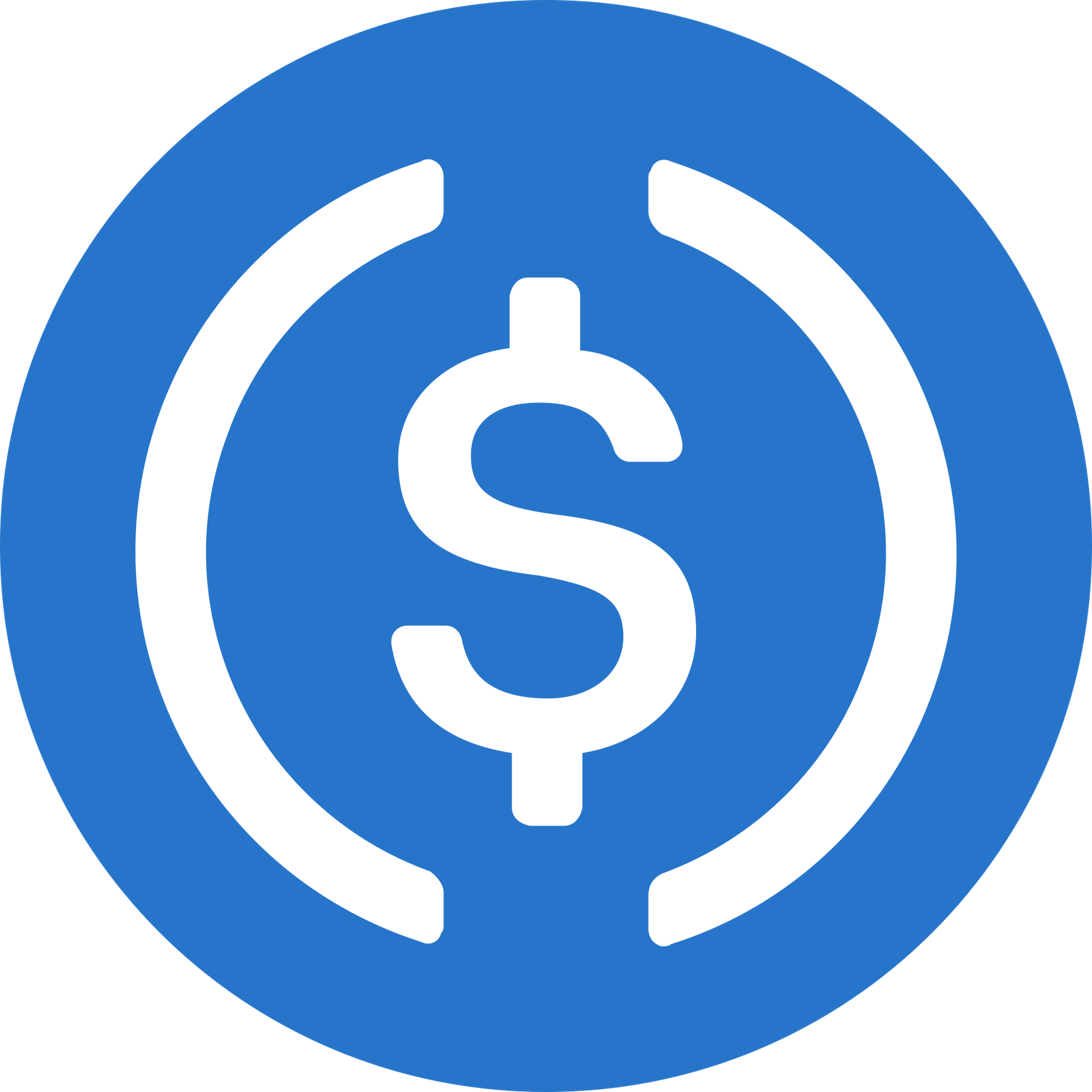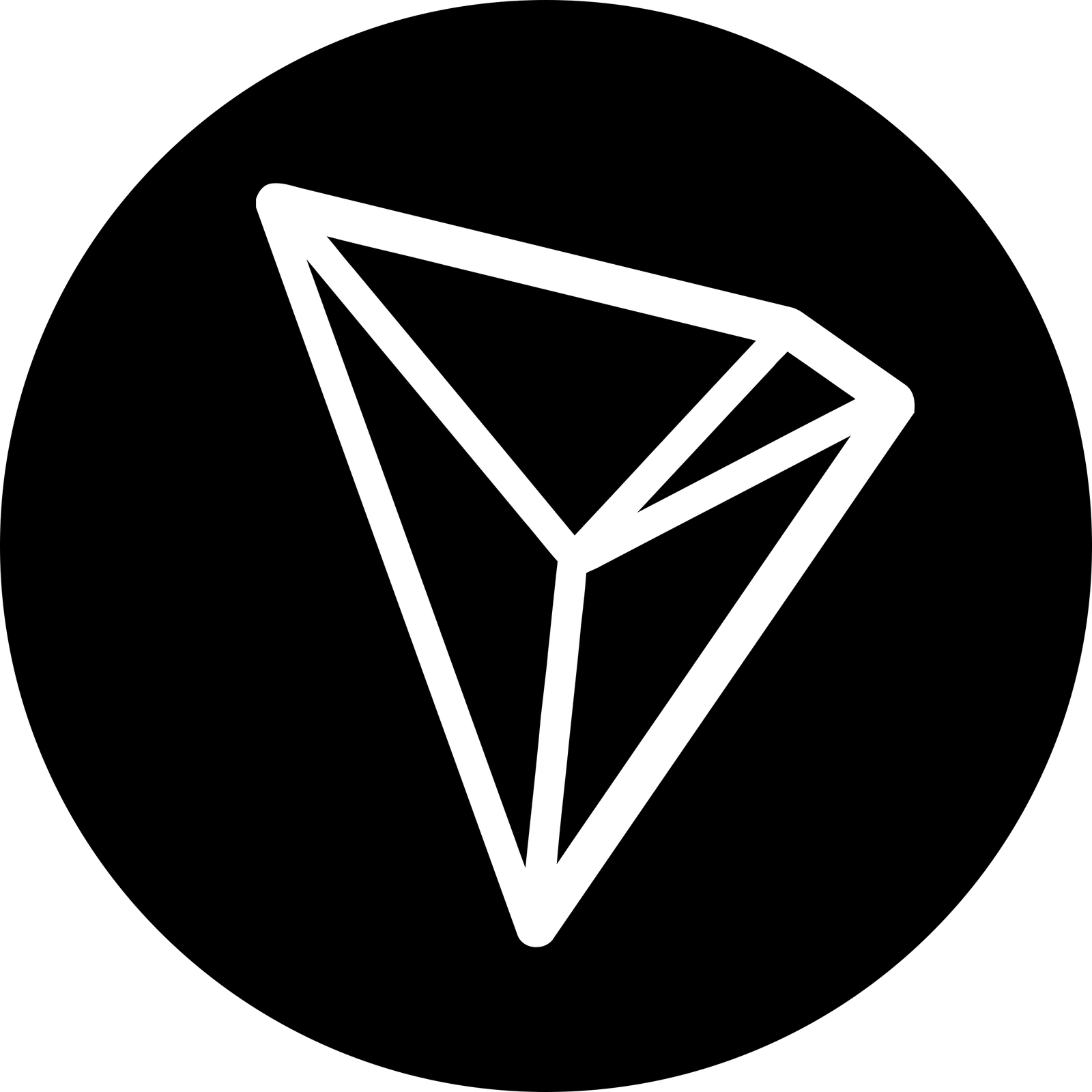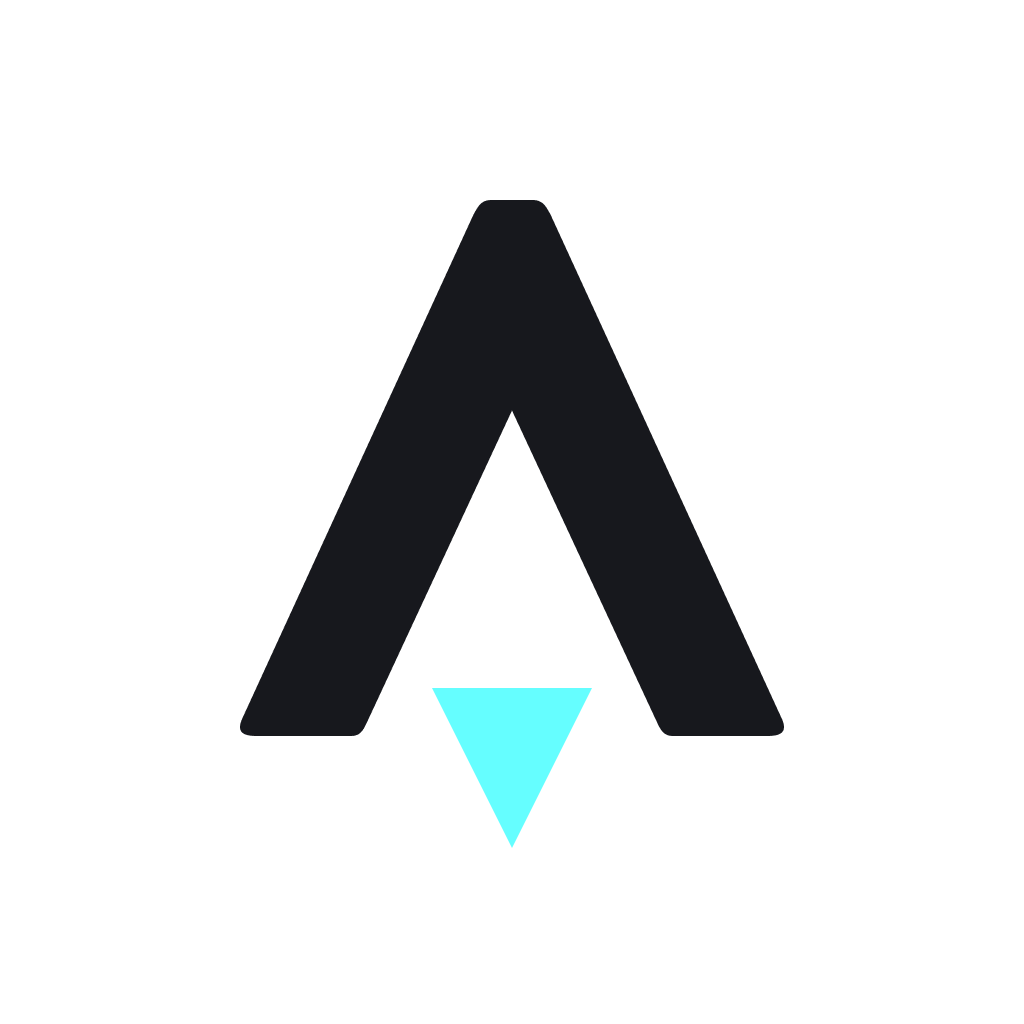Mastering Blockchain Governance: The Key to Success
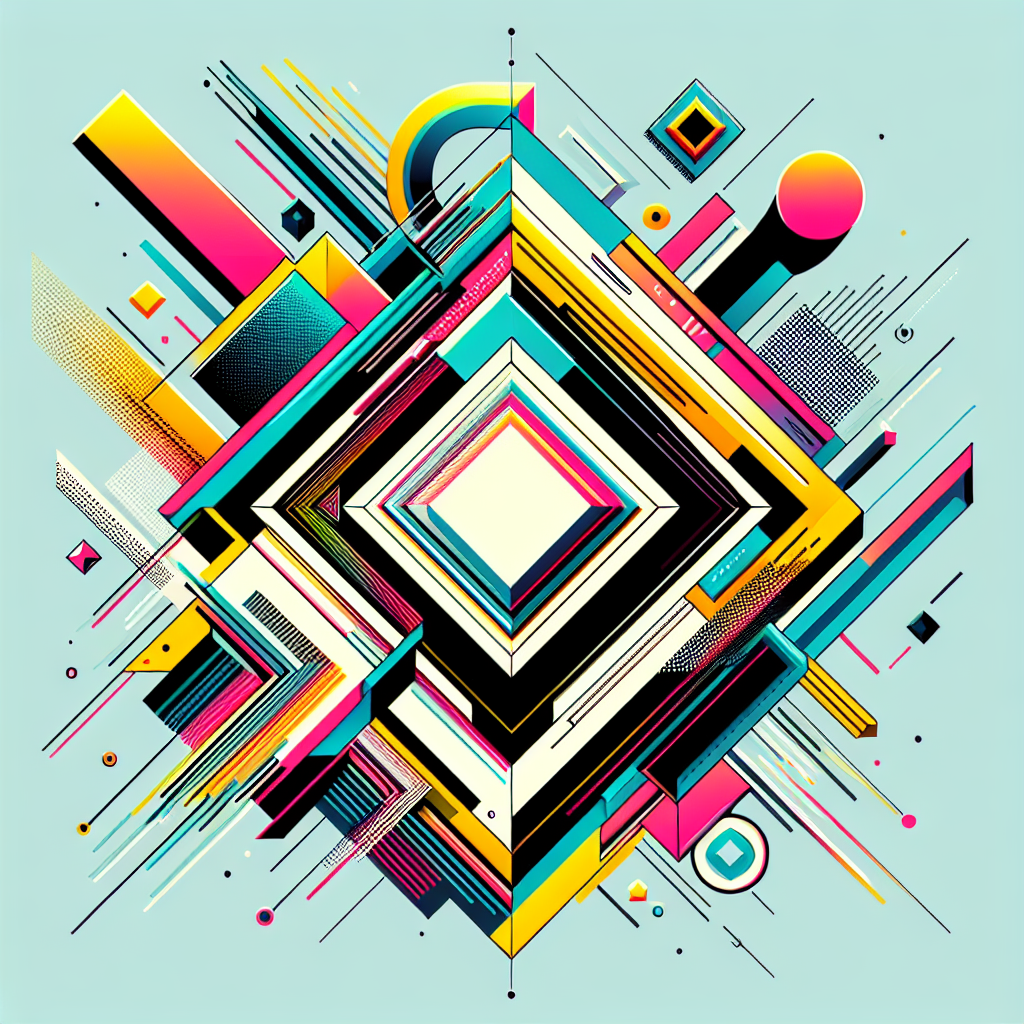
Mastering Blockchain Governance: The Key to Success in the Evolving Web3 Ecosystem
As we transition from Web2 to Web3, the conversation around blockchain governance is more than just a technical discussion—it’s about redefining how we interact with technology, each other, and our digital assets. With recent breakthroughs in blockchain technology, decentralized finance (DeFi), and the ever-expanding realms of non-fungible tokens (NFTs), the Web3 landscape is dramatically reshaping industries like finance, gaming, art, and beyond. The key to successfully navigating this transformation lies in mastering blockchain governance.
Innovative Developments & Emerging Technologies
In the past few years, we’ve witnessed remarkable advancements in blockchain protocols, with projects such as Ethereum 2.0 and Solana facilitating faster transactions and lower fees. Furthermore, as highlighted by sources like CoinDesk and The Block, the NFT ecosystem is bursting with new use cases—from digital art to real estate and beyond. These technologies are becoming more mainstream as companies integrate blockchain solutions into their operations, with studies from CoinTelegraph’s Blockchain Insights indicating increasing investment in decentralized applications.
Emerging technologies like AI and VR/AR are now converging within the Web3 space. Imagine immersive experiences in the metaverse where AI personalities guide users through blockchain-based treasure hunts or virtual galleries showcasing NFT collections. Platforms like The Sandbox are pioneering these crossovers, providing users with a decentralized space to create, own, and monetize their content.
Blockchain and Crypto in the Mainstream
Mainstream industries are increasingly integrating blockchain technologies, reshaping traditional business models and enhancing customer engagement. Decentralized platforms like Aavegotchi, which merges gaming with DeFi, are igniting a new wave of user trust through community-driven governance.
In finance, DeFi platforms are challenging centralized institutions by offering users more control over their finances. Services like compound and maker enable users to lend or borrow assets without intermediary involvement—a significant shift in the understanding of financial transactions. The success of these platforms establishes a robust use case for blockchain, demonstrating how decentralization can restore trust in systems that have often failed us.
Web3 and Gaming
One of the most exciting intersections of Web3 is its relationship with gaming. Projects like Axie Infinity and Decentraland have captured the interest of gamers by enabling true ownership of in-game assets via blockchain. These platforms utilize NFTs not just as collectibles, but as integral components of their gameplay economies, allowing players to buy, sell, and trade unique characters or experiences. The rise of “play-to-earn” models has created new economic opportunities for users, redefining how developers and gamers interact in digital spaces.
As gaming matures, we can expect further innovation. Blockchain stands to enhance not only gameplay mechanics but also player identities, creating unique experiences that are non-replicable and, thus, genuinely owned. This evolution promotes a participatory culture where users can influence game design and features directly through community feedback and governance mechanisms.
The Role of Decentralized Autonomous Organizations (DAOs)
At the heart of Web3 governance lies the emergence of Decentralized Autonomous Organizations (DAOs). These entities empower communities by allowing collective decision-making through smart contracts. DAOs can influence everything from fund allocation for projects to governance of gaming economies. By removing traditional hierarchies, organizations can operate in a more fluid and democratic manner.
Platforms like DAOstack illustrate the potential of DAOs, emphasizing how they can reshape organizational structures for the future. With growing interest in DAO governance, we are witnessing a cultural shift towards decentralized collaboration, arguably one of the most significant innovations that blockchain offers.
A Vision for the Future
Looking ahead, the potential of Web3 to reshape digital experiences is immense. Decentralized technologies, combined with AI and the metaverse, could seamlessly blend physical and digital realities. We may soon find ourselves interacting with digital assets in ways we’ve yet to imagine, catering to both personal and professional realms.
Futuristic projects from sources like Decrypt and NFT Now are exploring these innovative integrations, paving the path for a digital ecosystem where ownership, creativity, and collaboration thrive without traditional barriers.
Conclusion: The Path Forward
Mastering blockchain governance will be paramount as we move into this uncharted territory. By understanding and participating in decentralized networks and platforms, individuals can influence the evolution of Web3. Staying informed about the latest trends and developments is essential for anyone looking to thrive in this new digital landscape.
As blockchain technologies continue to evolve and integrate into mainstream industries, the possibilities are endless. It’s an exciting time to explore new platforms, engage with decentralized technologies, and envision how our collective participation can shape the future of digital experiences. Let’s stay curious, adaptive, and open-minded as we collectively master the governance structures that will define Web3 and beyond.

